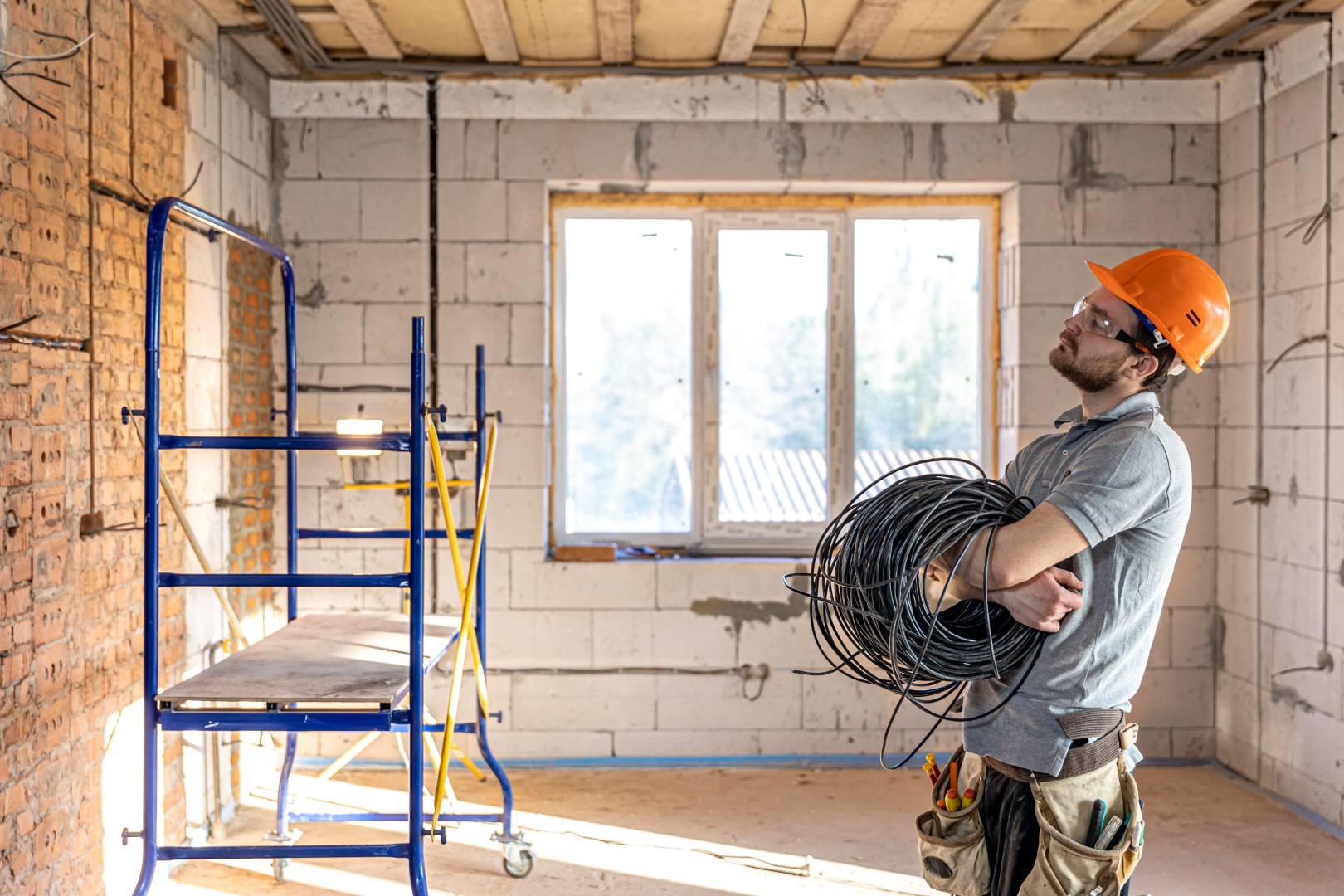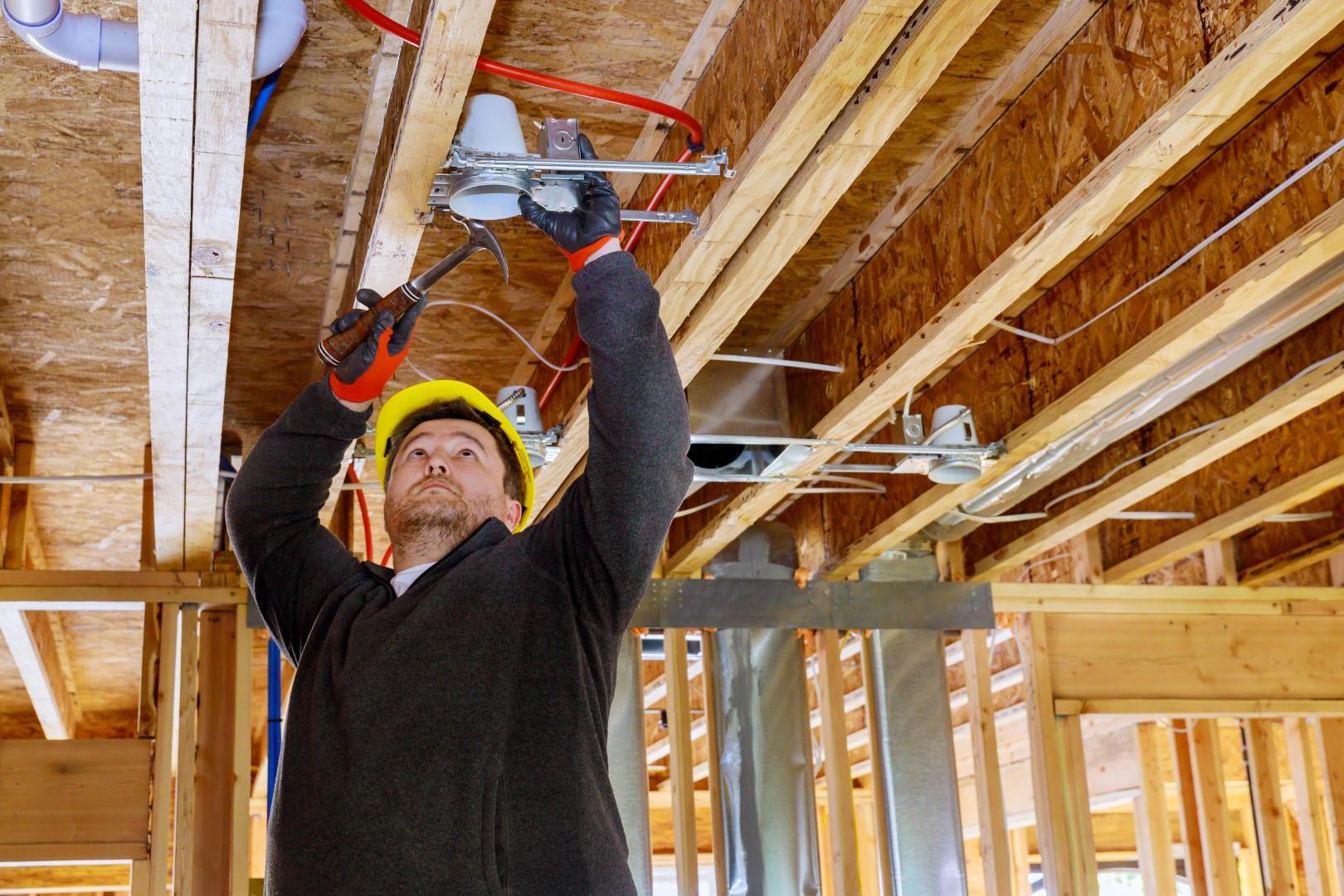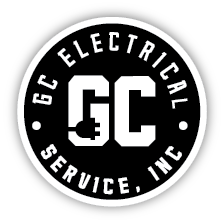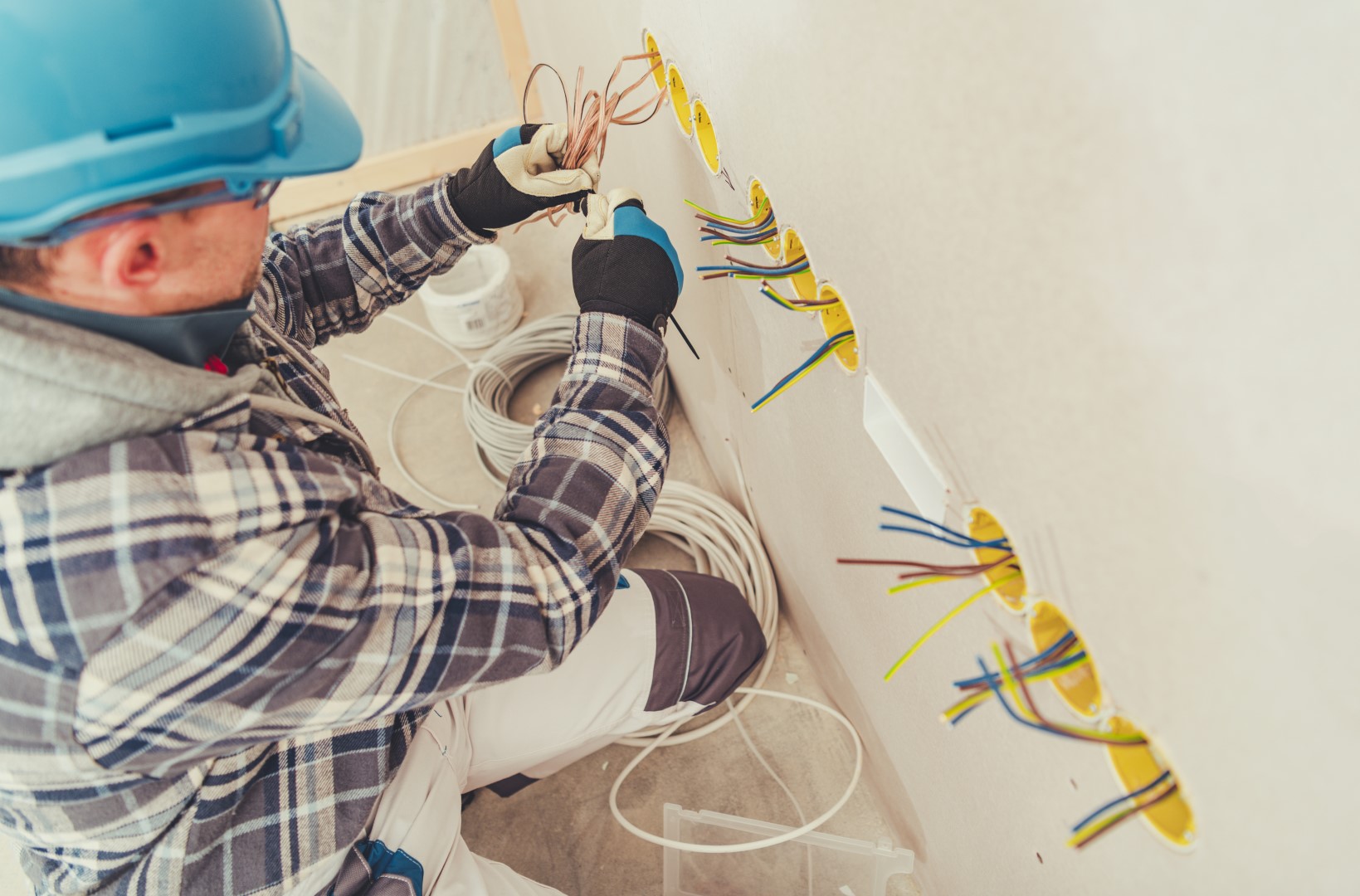Electrical wiring is one of home safety's most critical yet often overlooked aspects. It distributes electricity to every outlet, light fixture, and appliance. While it provides the convenience and comfort we often take for granted, it also comes with significant safety risks if not properly maintained or installed. Faulty wiring can lead to fires, electrical shocks, and property damage. Many homeowners may need to realize that maintaining a safe electrical system requires more than flipping a switch or changing a light bulb. Understanding and implementing electrical wiring safety tips can prevent these hazards, ensuring a safe and efficient home environment.
Whether you're a new homeowner or have lived in your house for years, it's essential to stay vigilant about your home's electrical safety. Regular inspections, proper appliance use, and awareness of potential hazards can make a significant difference. This blog will explore the top electrical wiring safety tips every homeowner should know. By following these guidelines, you can protect your home and loved ones from the dangers of electrical malfunctions.
1. Regularly Inspect Your Wiring
Regular electrical system inspections are crucial in identifying potential issues before they become major problems. Look for signs of wear and tear, such as frayed wires, scorch marks, or a burning smell near outlets. Also, check for any loose connections, which can cause intermittent power outages or fires. If you notice any of these signs, it's essential to call a licensed electrician immediately.
2. Understand Your Circuit Breaker
Your circuit breaker is the heart of your home's electrical system, protecting your wiring from overloads and short circuits. Familiarize yourself with your breaker panel, knowing which switches control specific areas of your home. Ensure that each circuit is appropriately labeled, making it easier to troubleshoot issues when they arise. If a breaker trips frequently, it may indicate an underlying problem that needs professional attention.
3. Avoid Overloading Circuits
Overloading circuits is a common cause of electrical fires. Each circuit in your home can handle a specific load, and exceeding this limit can cause overheating. Be mindful of the number of high-wattage appliances plugged into a single outlet or circuit. Spread out your devices across multiple outlets and circuits to avoid overload. Use power strips with built-in circuit breakers for added protection.
4. Use the Correct Wattage for Light Bulbs
Using the correct wattage for light bulbs is a simple yet effective way to maintain electrical safety. Check the maximum wattage rating on your light fixtures, and never exceed this limit. Using a bulb with too high a wattage can cause the fixture to overheat, potentially leading to a fire. If you're unsure, opt for LED bulbs, which use less wattage and generate less heat.
5. Install GFCI Outlets in Wet Areas
Ground Fault Circuit Interrupter (GFCI) outlets protect against electrical shock in wet kitchens, bathrooms, and outdoor spaces. These outlets automatically shut off power when they detect an imbalance in the electrical current, reducing the risk of shock. Ensure that GFCI outlets are in all appropriate areas and test them monthly to ensure they function correctly.
6. Replace Damaged Cords and Plugs
Damaged cords and plugs pose a significant risk of electrical shock and fire. Regularly inspect all electrical cords for signs of wear, such as fraying, cracking, or exposed wires. If you find any damage, replace the cord immediately. Avoid using extension cords as a permanent solution, as they can overheat and cause fires. If you need additional outlets, consider installing more by a professional electrician.
7. Keep Electrical Devices Away from Water
Water and electricity are a dangerous combination. Keep all electrical devices and appliances away from water sources, such as sinks, bathtubs, and pools. Ensure your hands are dry before handling electrical devices, and never use appliances with wet hands. Install weatherproof covers on outdoor outlets to protect them from moisture.
8. Educate Your Family About Electrical Safety
Educating your family about electrical safety is essential in preventing accidents. Teach children not to insert objects into outlets, tug on cords, or play with electrical appliances. Encourage all family members to unplug devices by pulling the plug, not the cord, and to report any electrical issues immediately.
9. Hire a Licensed Electrician for Major Work
DIY electrical work can be dangerous and often illegal without the proper permits and knowledge. Always hire a licensed electrician for major electrical work, such as rewiring, installing new circuits, or upgrading your electrical panel. Professionals have the expertise and tools to ensure the job is done safely and up to code.
10. Use Surge Protectors
Surge protectors are essential in safeguarding your electronics from power surges caused by lightning, power outages, or faulty wiring. Plug your valuable electronics, such as computers, televisions, and home theater systems, into surge protectors to protect them from damage. Ensure that the surge protectors are rated for your devices and replace them if they show wear.

11. Know the Warning Signs of Electrical Problems
Knowing the warning signs of electrical problems can help you address issues before they escalate. Common signs include flickering lights, buzzing sounds from outlets or switches, warm or discolored outlets, and frequent circuit breaker trips. You must contact a licensed electrician to inspect your system if you notice any of these signs.
12. Upgrade Old Wiring
Older homes may need updated wiring systems to handle modern electrical loads. If your home is over 30 years old and still has its original wiring, consider having it inspected by a professional. Upgrading modern wiring can improve safety and efficiency, reduce the risk of electrical fires, and provide a more reliable power supply.
13. Install Arc Fault Circuit Interrupters (AFCIs)
Arc Fault Circuit Interrupters (AFCIs) detect and prevent electrical arcs, which can cause fires. The National Electrical Code now requires AFCIs in certain areas of the home, such as bedrooms and living rooms. Consider installing AFCIs in your home to provide additional protection against electrical fires.
14. Maintain a Safe Distance From Power Lines
When working outside, be mindful of overhead power lines. Keep ladders, tools, and other equipment at least 10 feet away from power lines to avoid accidental contact. If you work near power lines or need to trim trees nearby, hire a professional to ensure safety.
15. Unplug Unused Appliances
Unplugging unused appliances saves energy and reduces the risk of electrical fires. Devices left plugged in can still draw power, and faulty appliances can overheat or short circuit. When not in use, make it a habit to unplug small appliances, such as toasters, coffee makers, and chargers.
16. Label Your Electrical Panel
A well-labeled electrical panel can help identify and address electrical issues quickly. Clearly label each circuit with its corresponding area or appliance, and ensure that everyone in your household knows how to shut off the power in an emergency. Review and update the labels regularly as needed.
17. Avoid DIY Electrical Repairs
While tackling electrical repairs yourself is tempting, it's often best to leave these tasks to professionals. DIY repairs can lead to improper installations, code violations, and increased risk of fire or shock. For any electrical issues beyond simple tasks like changing a light bulb, hire a licensed electrician to ensure the job is done safely and correctly.
18. Install Smoke Detectors and Fire Extinguishers
Smoke detectors are your first line of defense in detecting electrical fires. Install smoke detectors on every level of your home, inside bedrooms, and outside sleeping areas. Test them monthly and replace batteries at least once a year. Additionally, keep fire extinguishers readily accessible, particularly in areas with high electrical use, such as kitchens and workshops.
19. Practice Safe Plugging and Unplugging
Safe plugging and unplugging practices can prevent damage to your electrical system and devices. Always hold the plug securely and pull it straight out from the outlet, avoiding yanking or twisting. Ensure that plugs fit snugly into outlets to prevent arcing, which can cause fires.

20. Be Cautious With Holiday Decorations
Holiday decorations often involve extensive use of electrical lights and devices. If placed outside, use lights and decorations rated for outdoor use and only connect up to three strands of lights. Inspect all decorations for damage before use and unplug them when not in use to prevent overheating and fires.
Ensuring Home Electrical Wiring Safety
Electrical safety is paramount in maintaining a safe and functional home. Homeowners can reduce the risk of electrical fires, shocks, and other hazards by following these top electrical wiring safety tips. Regular inspections, proper use of appliances, and hiring licensed professionals for major work are essential practices for ensuring electrical safety. Remember, when it comes to electricity, it's always better to be safe than sorry. If you ever have doubts or concerns about your electrical system, don't hesitate to contact a licensed electrician for advice and assistance. These proactive steps will help keep your home safe and provide you and your family peace of mind.
For more tips and expert advice on maintaining electrical safety in your home, visit our GC Electrical Service Inc. blog. Our team of experts provides valuable insights and practical tips to help you maintain a safe and efficient home. Stay informed, stay safe, and ensure your home's electrical system is up to date.


